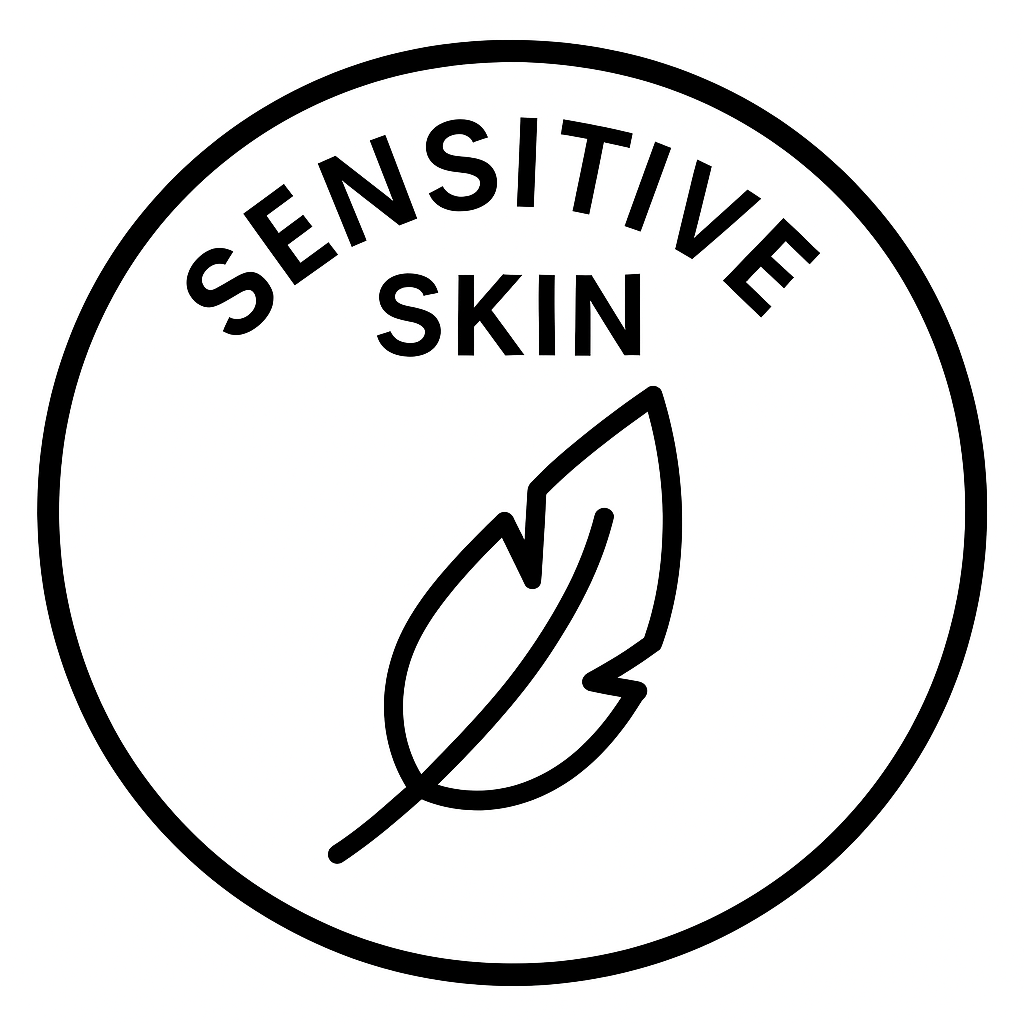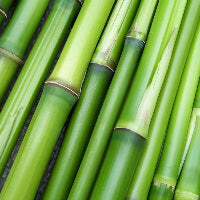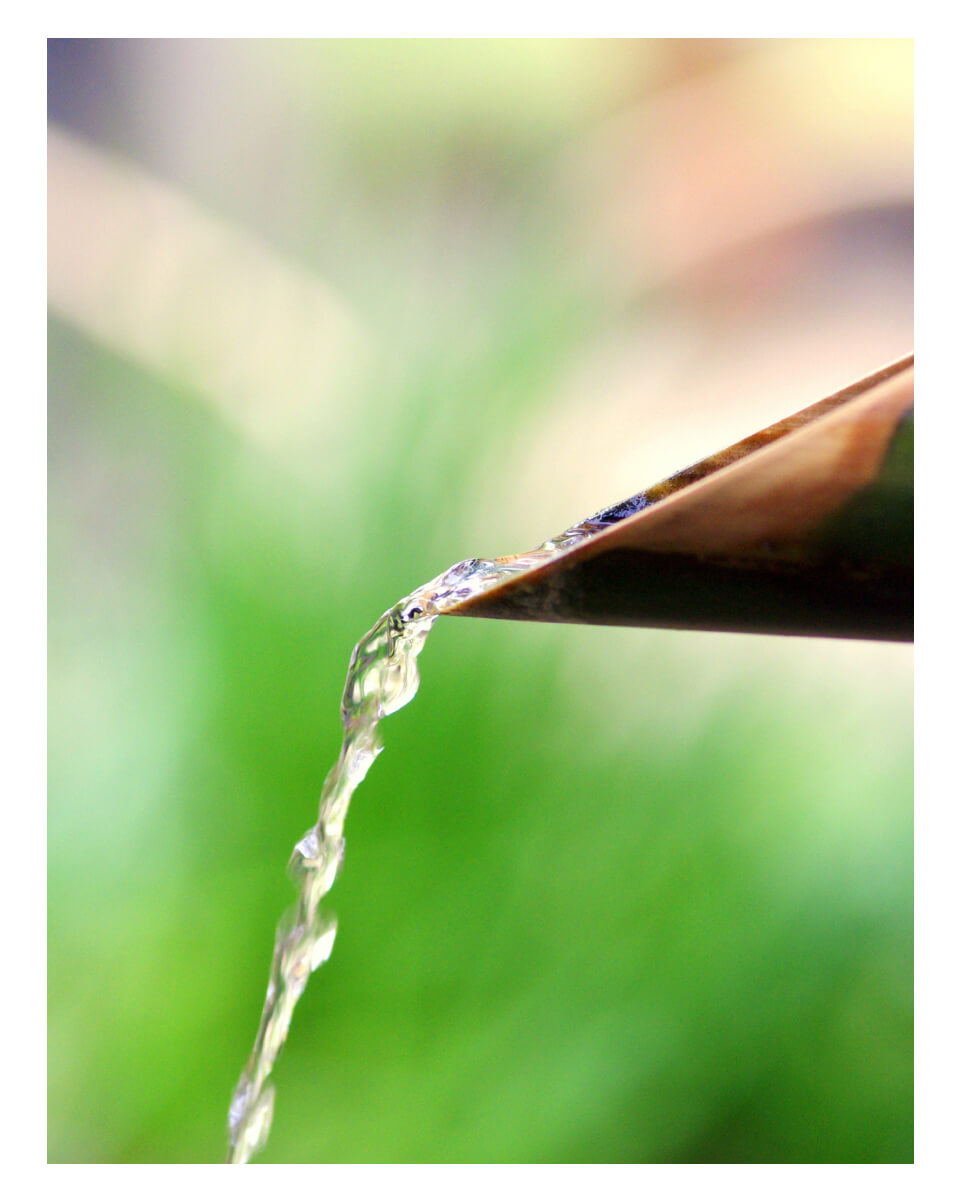
The Fabrics We Work With: Bamboo
We value bamboo both for its remarkable qualities as a plant, as for the soft, breathable and durable fabric it becomes. Bamboo brings together both environmental responsibility and high-performance quality.
Unlike cotton, possibly worlds most used fabric, bamboo has a natural presence in nature, requires less space, grows astronomically fast an requires no to minimal pesticides..Most importantly, to combat global warming, the carbon sequestration of bamboo allows the bamboo crop to absorb more carbon dioxide and releasing more oxygen than most other trees.
Bamboo is a remarkable material to use for both clothing and textiles. This is due to its unique properties and eco-friendly nature, both as a plant and as the bamboo fiber used to make bamboo fabric.
The facts: As one of the fastest-growing and most renewable resources on the planet, bamboo does not need much space to grow and requires minimal water. Also its natural properties make it an ideal choice for sustainable fashion. Once processed, bamboo fabric is both soft, breathable, durable and kind to your skin.
Both aspects together make bamboo an excellent eco-friendly choice for anyone conscious about reducing their carbon footprint whilst also going for quality and durability.
Incredibly soft
Bamboo fabric is exceptionally soft, often compared to silk or cashmere. This luxurious feel comes from the smooth, round structure of bamboo fibers, which lack the roughness found in many other textiles that can irritate skin.
Breathability
Bamboo is highly breathable combined with superior moisture absorbency. This is due to the natural structure of bamboo fibers being naturally porous, allowing them to absorb moisture more efficiently. This natural ventilation results in less sweating, less body odours and fresher clothes.
Compared to cotton, bamboo fabric absorbs up to 40% more moisture!

Thermoregulating
Bamboo is a thermoregulating fabric, keeping you cool in summer and warm in winter. This is due to the fiber structure of bamboo, which is naturally hollow with tiny micro-gaps and holes.
In summer: increased airflow - sweat evaporates more easily, keeping you cool and dry.
In winter: the gaps and holes ar filled with warm air, acting as a natural insulator keeping the body warmer.

Good for sensitive skin
As bamboo is less likely to cause allergic reactions like eczema, it is an excellent fabric for people with allergies or sensitive skin. Bamboo fabrics are also resistant to dust mites and mold, making them a great choice for people with allergies or skin sensitivities
We do not claim bamboo is hypoallergenic and antibacterial as there is no research strong enough to support this.

Durability - as strong as bamboo
Just like bamboo itself, bamboo fiber is also known for its durability, strength and retaining shape. Despite its soft and delicate feel, bamboo fabric is surprisingly strong and long-lasting. It can withstand regular use and washing without losing its shape or quality. This makes bamboo products a more sustainable choice, as they can be enjoyed for a long time, reducing the need for frequent replacements.

Eco-friendly & sustainable
As a plant, Bamboo is a very environmentally friendly resource due to its rapid growth and benefits for nature.
- Natural presence in nature, fast-growing and renewable
- Requiring no to minimal water or pesticides
- Carbon sequestration - bamboo absorbs 2x more carbon dioxide and release 35% more oxygen than trees.
- Bamboo is also great against soil degradation and can grow on already degraded land.
-
Bamboo - the bottom line
Bamboo offers numerous advantages over cotton but also over synthetic fibers like nylon and polyester;
- Environmentally more sustainable (especially vs. nylon and polyester)
- highly absorbent (up to 3x more than cotton)
- antibacterial & hypoallergenic (perfect for any skin and allergies)
- soft yet durable (maintaining quality, strength and shape wash over wash)
- No microplastics (polyester and nylon are cheap fabric alternatives but harm the environment more then we think, even recycled polyester clothing)
By choosing sustainable fabrics like bamboo, you are not only making an investment in quality products but also contributing to a greener and healthier planet. However, end of the day, there is still work to be done to make bamboo even more sustainable than it already is. But bamboo will get there sooner than others.
-
Are there negative side(effects) of bamboo?
Amid growing concerns on how our fashion is produced, particularly with the rise of fast fashion and unethical labor practices, the textile and fashion industry is widely regarded as one of the world’s most polluting industries. In this context, chemical processing is common across the textile industry, and bamboo is no exception.
Although bamboo, as a plant, is naturally sustainable, bamboo fabric production has faced criticism for the use of harsh chemicals that can pose risks to both the environment and workers if not properly managed.
Yet, what truly matters is how bamboo is processed. When done responsibly, particularly following sustainable practices within a closed-loop system, bamboo fabric can be made using non-toxic solvents like N-Methylmorpholine N-oxide (NMMO). This approach allows for solvent recovery and prevents harmful chemical discharge like carbon disulfide and sodium hydroxide. As a result, this method significantly reduces environmental impact and improves worker safety.
As with any textile, bamboo production must address ethical sourcing, sustainable practices and transparency while avoiding greenwashing effects. The growing demand for accountability has driven many fashion brands to adopt better standards. Certifications such as GOTS (Global Organic Textile Standard), OEKO-TEX®, and SEDEX are crucial in ensuring that rigorous environmental and social criteria are met and that harmful chemicals are properly managed.
Of course, not all criticisms of bamboo are unfounded. While some may stem from competitive marketing or misinformation, others highlight real concerns, especially when manufacturers cut corners to reduce costs. As with anything, if a bamboo product seems too good to be true, it might compromise on eco-friendliness, ethics, or quality.




